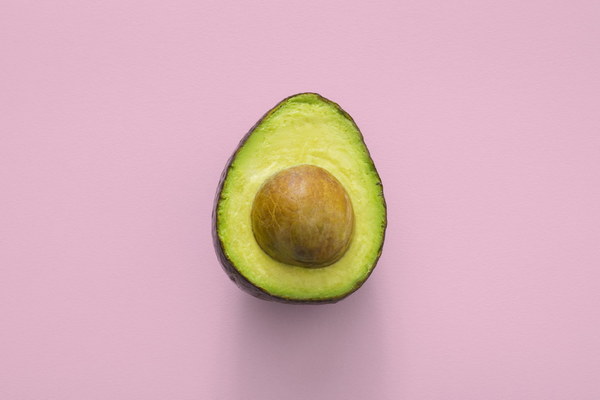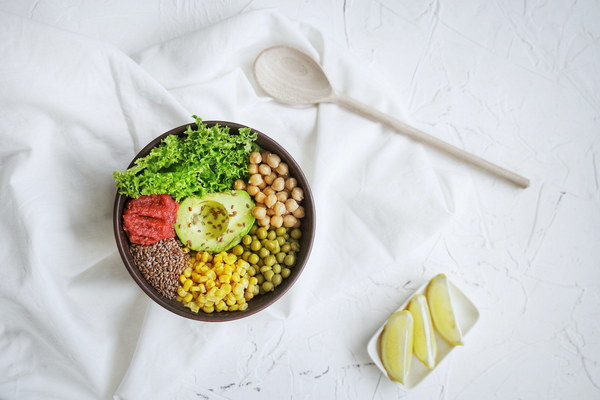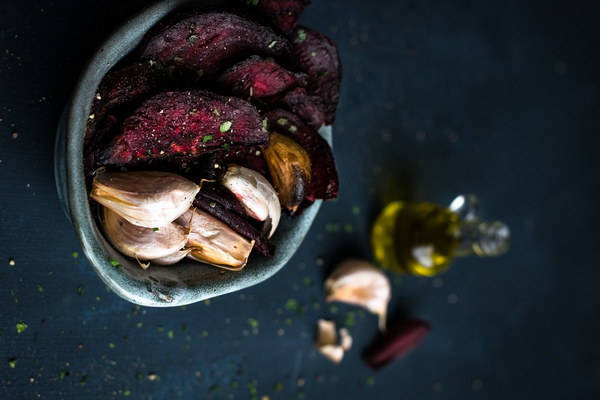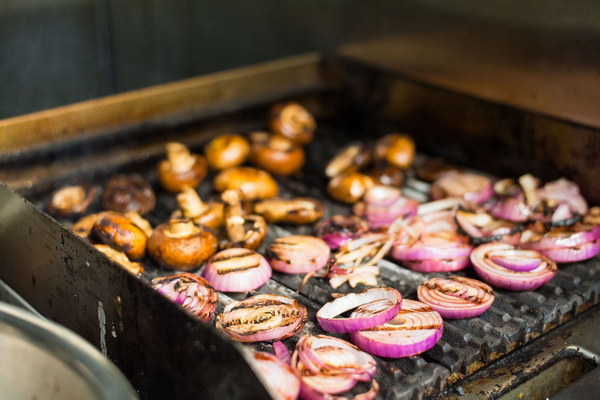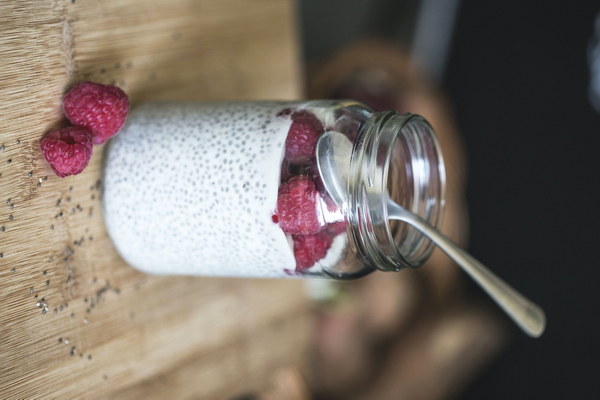Natural Herbal Remedies A Holistic Approach to Nurturing Your Gastric Mucosa
In today's fast-paced world, maintaining a healthy lifestyle has become more challenging than ever. One of the most crucial aspects of overall well-being is the health of our digestive system, particularly the gastric mucosa. The gastric mucosa is a protective layer that lines the stomach, and its integrity is vital for proper digestion and absorption of nutrients. Unfortunately, poor dietary habits, stress, and other factors can lead to its deterioration. This article explores natural herbal remedies that can help nurture and protect your gastric mucosa, promoting a healthier digestive system.
1. Ginger (Zingiber officinale)
Ginger has been used for centuries in traditional medicine for its anti-inflammatory properties. It can help reduce the production of stomach acid and alleviate symptoms of gastritis, a common condition that affects the gastric mucosa. Adding ginger to your diet, such as in tea or as a spice, can be a simple yet effective way to support your gastric mucosa.
2. Astragalus (Astragalus membranaceus)

Astragalus is a well-known Chinese herbal medicine that has been used to boost the immune system and reduce inflammation. It can help repair and protect the gastric mucosa, thereby reducing the risk of ulcers and other stomach-related issues. Consuming astragalus tea or taking it as a supplement may be beneficial for those with compromised gastric mucosa.
3. Green Tea (Camellia sinensis)
Green tea is rich in antioxidants, particularly catechins, which have been shown to have anti-inflammatory and anti-ulcer properties. Regular consumption of green tea can help protect the gastric mucosa and reduce the risk of stomach ulcers. Enjoying a few cups of green tea daily can be a delightful way to nurture your gastric mucosa.
4. Licorice Root (Glycyrrhiza uralensis)
Licorice root contains compounds that have been found to promote the healing of damaged gastric mucosa and reduce the production of stomach acid. It can also help alleviate symptoms of heartburn and acid reflux. However, licorice root can have side effects, so it's important to consult with a healthcare professional before starting this herbal remedy.
5. Milk Thistle (Silybum marianum)
Milk thistle is well-known for its liver-protecting properties, but it can also be beneficial for the gastric mucosa. It contains silymarin, a compound that helps reduce inflammation and oxidative stress in the stomach. Taking milk thistle as a supplement or incorporating it into your diet may help protect your gastric mucosa.
6. Peppermint (Mentha × piperita)
Peppermint has been used for centuries to treat various digestive disorders, including irritable bowel syndrome (IBS) and gastritis. Its anti-inflammatory and antispasmodic properties can help reduce stomach pain, bloating, and gas. Peppermint tea or essential oil can be used to support the health of your gastric mucosa.
7. Turmeric (Curcuma longa)
Turmeric contains curcumin, a compound with potent anti-inflammatory and antioxidant properties. It can help reduce inflammation in the stomach and protect the gastric mucosa. Incorporating turmeric into your diet, such as in curry dishes or as a spice, can be an effective way to support your digestive health.
It's important to note that while these herbal remedies can be beneficial for nurturing your gastric mucosa, they are not a substitute for medical treatment. If you are experiencing persistent symptoms or have a diagnosed condition, it's essential to consult with a healthcare professional before starting any new treatment. In addition, some herbal remedies may interact with certain medications, so it's important to be aware of potential side effects and contraindications.
In conclusion, natural herbal remedies can be a valuable addition to a holistic approach for nurturing your gastric mucosa. By incorporating these remedies into your diet and lifestyle, you can support the health of your digestive system and promote overall well-being.

